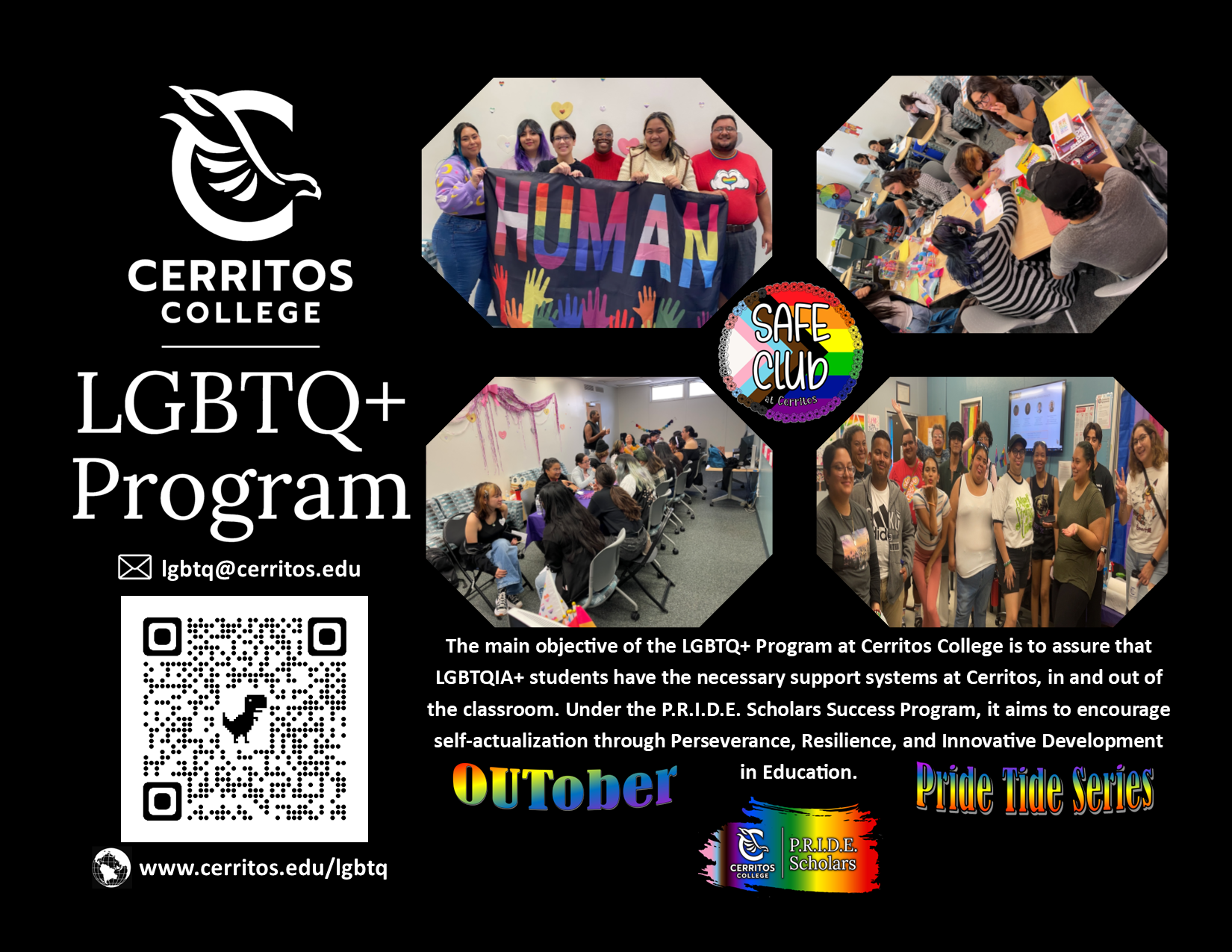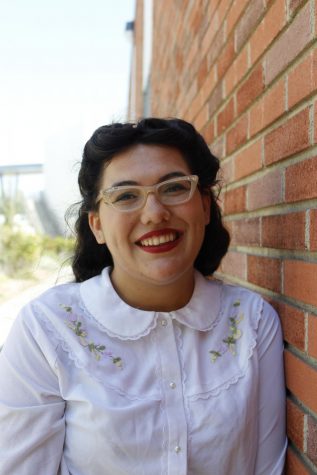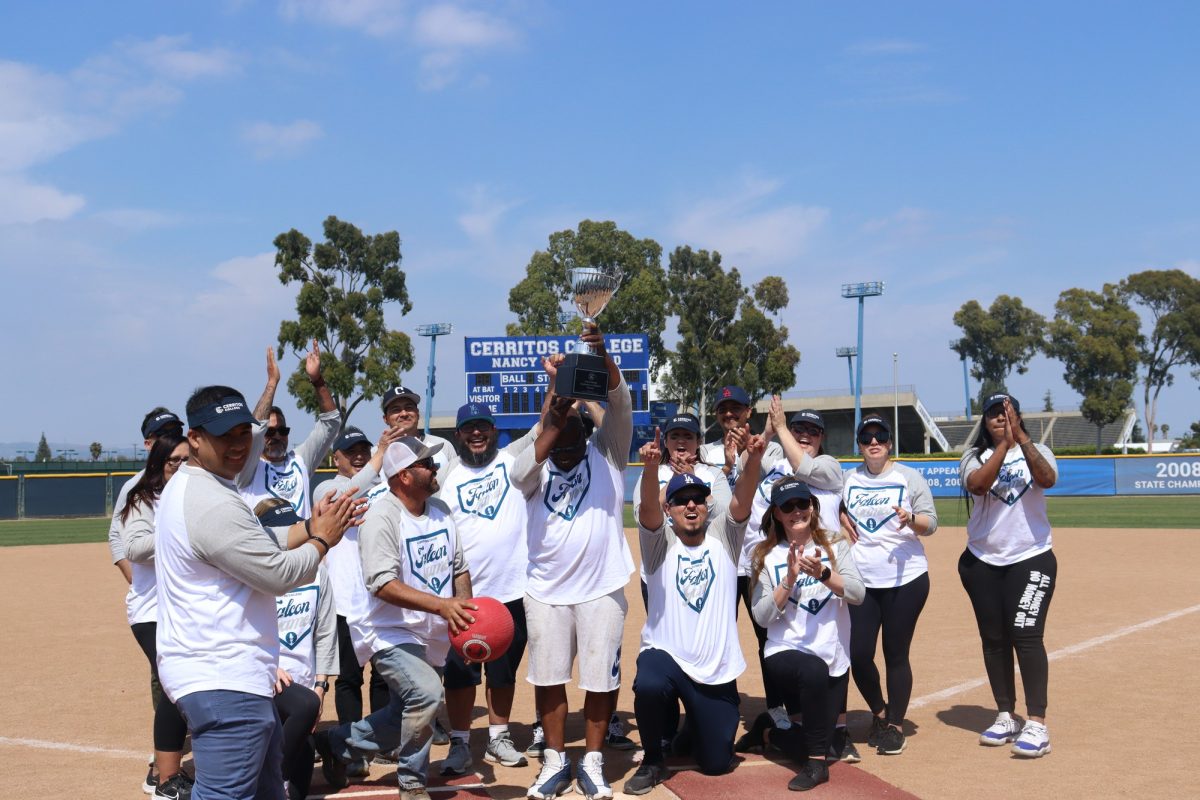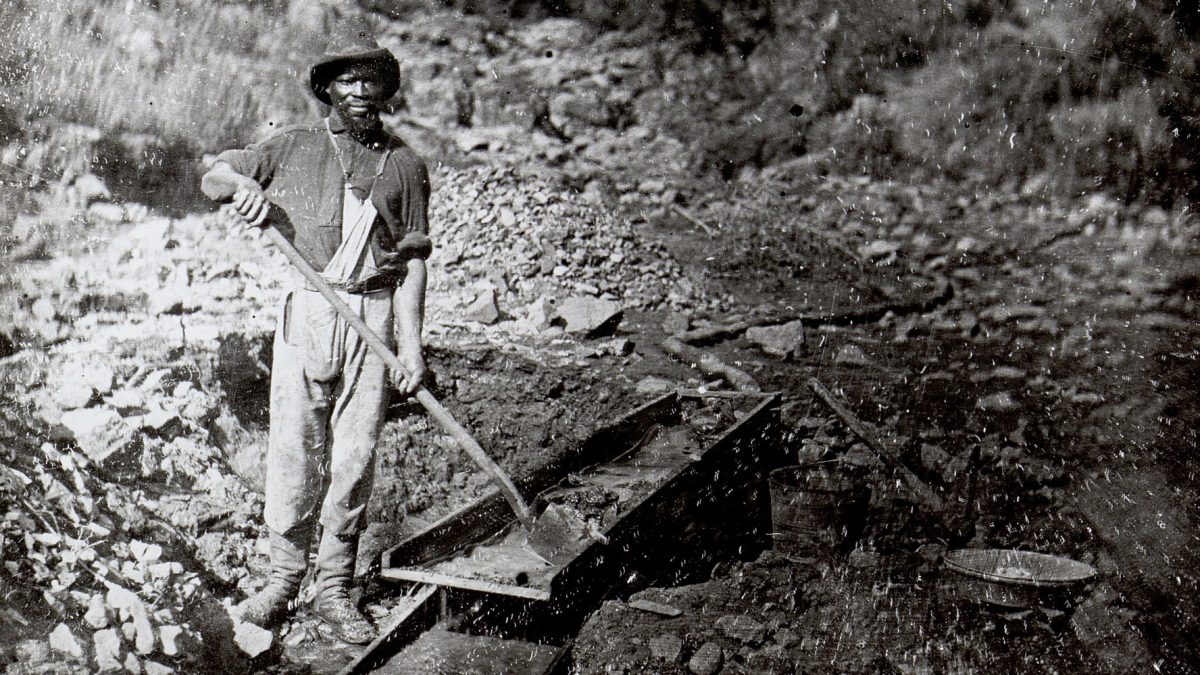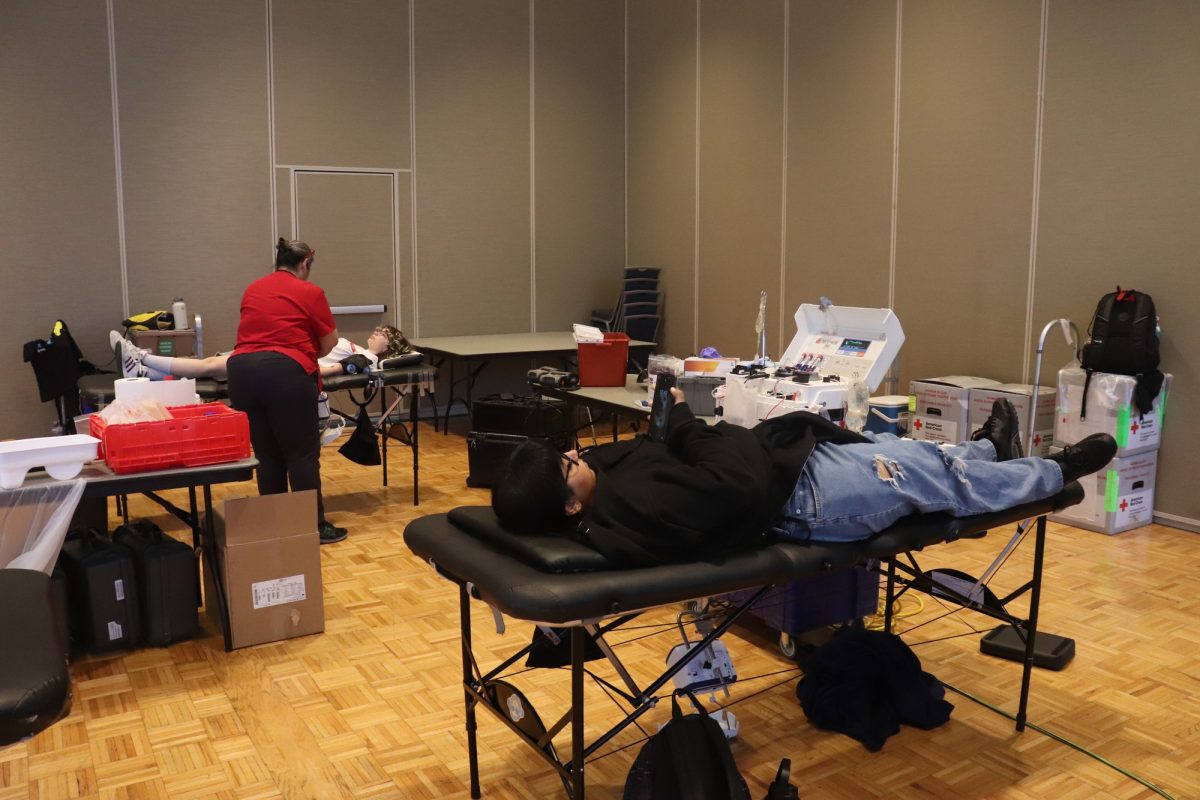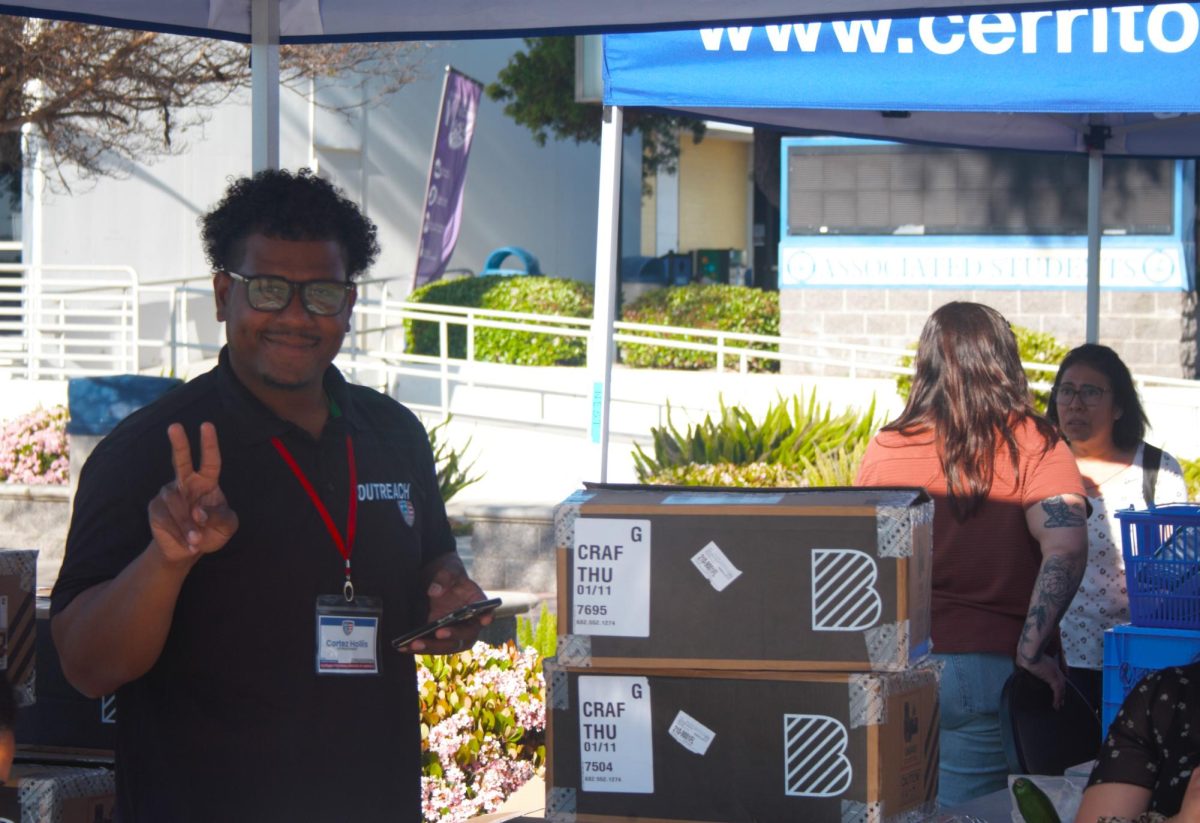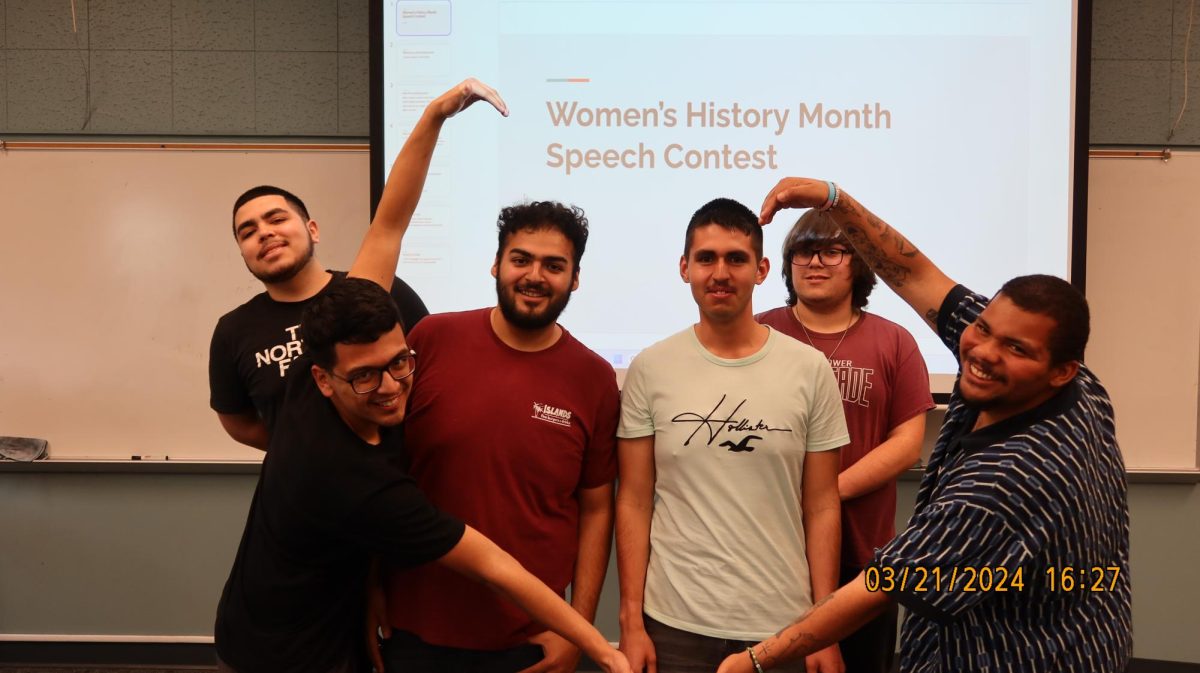The Cerritos College Forensic Speech and Debate Team debated against guest debate team, iDebate Rwanda, on whether or not hate speech should be banned, as part of a three-day event to host the academic organization from Rwanda on Sept. 19.
Two representatives of the Cerritos College debate team and two representatives from iDebate Rwanda debated before an audience in LC 155 on the topic of hate speech and whether or not it should be banned.
Cerritos College was the fourth stop of the iDebate Rwanda three-month-long tour of the United States, where the team will speak at selected colleges, universities and high schools in 15 states.
Jean Michel Habineza, who founded iDebate Rwanda in 2012, stated the purpose of the organization, “Basically what we [iDebate Rwanda] are trying to do is to see if we can create a platform where students can learn the art of public discourse so where we can debate about different issues that are affecting the community.”
Each debater, with a representative from each team on the affirmative side and the negative side, were allowed seven minutes, which was done so in intervals, to discuss their position on banning free speech.
Kellia Kaneze, iDebate Rwandan debater, said, “Hate speech is a really complicated debate because banning hate speech brings a lot of restrictions, especially in terms of freedom of speech.
“The whole question became if you ban hate speech, you’re limiting freedom of speech, but I think looking at it sometimes we have to see beyond ourselves to the public to reach general peace so if it takes to ban a certain form of speech to protect everyone then I feel like it’s the right thing to do.”
Kaneze is currently a high schooler in her junior year at Wellsprings Academy in Rwanda.
After each set of debaters finished their speech, they were then given an opportunity to cross-examine their opponent and answer any question or comment the audience may have had concerning the debater’s stance and/or argument.
Leticia Lafuente, paralegal major, was in attendance for the debate, “I [hate speech] should also be addressed outside from college because it’s something that is actually happening not only in our communities but also government, especially right now with the president that we have, he, himself, participated in hate and hate speech so I believe that it is something that should be addressed.”
Lafuente stated that she liked that the audience were encouraged to participate in the discussion about hate speech.
The majority of the debate was organized by debate team co-advisor Nicholas Matthews and Habineza in partnership with the Diversity Equal Employment Opportunity Advisory Committee on campus to fund the event.
April Griffin, co-advisor of the Forensic Speech and Debate Team and supervisor of the debate, said, “He [Matthews] actually saw iDebate Rwanda put out a call to colleges and universities across the U.S. and said, ‘hey, we would like to do a tour, would anybody like to participate?’
And Nick [Matthews] thought that this would be an excellent opportunity for our students because our campus is so involved in all sorts of different things and we love to have guest speakers come and more importantly it was a great opportunity for students and our community to hear from voices that we may not hear from typically.”
Political science major and opposition debater Anthony Gomez stated, “The debate was really good. I thought it was really balanced on both sides, even though I didn’t want to be on the side that I was on, I was like, ‘ugh, I don’t want to be this side,’ but I thought it was pretty fun, I thought the audience participation was pretty great.”
After the debate was concluded, Habineza explained how hate speech played a part in the Rwandan Genocide and why it is important to address the topic of hate speech.
Habineza said, “To raise awareness about the dangers of polarization, we use the history and the story of Rwanda as an example of what happens, the processes that take place in order for society to go through violence.
“We want to change perspective from people, I think that people might have learned about the genocide from the movie, “Hotel Rwanda” or from classes, but we want to put human touch to it so that they [audience] see it as something that affected real people, has real impact.”
Griffin expressed that the goal of the event “was to bring a different voice to campus and to show that debate and discussion is really the best way to talk about these kind of hard topics.”
Griffin continued, “I think so often that we, kind of like some of what the debaters said, even some of the comments from the audience, so often we think, well, it may be an unpopular choice or unpopular voice or decision,’ so we keep it inside and we don’t engage other people even if we disagree and
so I really think in this debate team in general and the speech department wanted to show, that people can disagree on subjects that may be considered touchy or sensitive and still be really collegial and enjoy each other a lot.”
Both teams exchanged tokens of appreciation with one another at the conclusion of the debate.
The Cerritos College team received items, such a basket and wall hangings, that held cultural significance, which was explained by Rwandan debater Mekha Rousseau.
In exchange for these gifts, iDebate Rwandan were given Cerritos College goody bags filled with snacks typically eaten by Cerritos College student.

